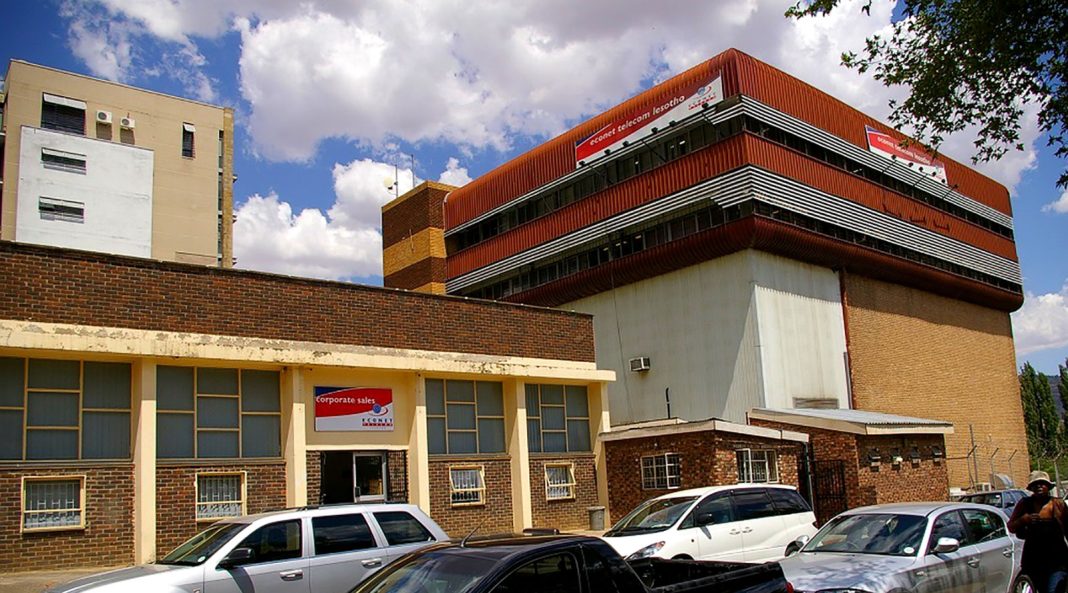The hype created by a special blanket produced by a South African company to celebrate Lesotho’s bicentennial has put the country’s lack of wool processing facilities under the spotlight.
The blanket, Chabana sa Khomo, was produced by South African company Aranda Textile Mills to mark the 200 years of the founding of the Basotho nation by King Moshoeshoe I in 1824. It was part of a series of events and shows reflecting the diversity and richness of the country’s cultural heritage.
But while the blanket created waves across the country owing to its special features leading to the joint 58th Independence and bicentennial celebrations last Friday, local producers have taken the merry-making tongue-in-cheek.
They have some reservations, saying the government should show national pride by working with local producers to come up with home-grown designs instead of turning to Aranda Textile Mills.
They warned that lack of facilities in Lesotho has always hampered and will continue to hamper local businesses from realising their full potential as they are currently forced to rely on imported processed wool.
Aranda is the main producer of Basotho blankets and has over the years played a crucial role in marketing them worldwide.
However, locals feel it is now time Basotho take pride by producing and buying their own blankets to support the ‘Buy Local’ mantra preached by successive governments.
Then founder of a local company, Bonono Merchants, Chere Mongangane, bemoaned the current lack of local processing facilities in the country, forcing them to import processed wool and other materials for their products.
Monganagane pointed out that there is need to build such facilities to enable indigenous businesses like Bonono Merchants which are already producing blankets and wool products, to scale up their operations and add more value to the economy.
Developing the wool value chain can also create significant employment opportunities, particularly in rural areas where wool and mohair farming is prevalent.
“It is unfortunate that Lesotho has over 100,000 wool and mohair farmers yet the bulk of their products are exported as raw material, meaning they miss out on the opportunity to add value domestically.
“We appeal to government to assist us so that Basotho blankets are made in Lesotho because value chain of wool and mohair is very crucial,” he noted.
For his part, Aranda Textile Mills ambassador, Palo Mokoailane, said the calls by local businesses were heightened by the attention drawn by the Chabana sa Khomo blanket to mark the country’s 200th anniversary.
Mokoailane told theReporter in a telephonic interview with this week that Basotho producers still have room to claim a larger stake as local blankets make less than 10 percent of the Aranda business.
“Basotho in Lesotho are 1.9 million and over 3.5 million in the Free State province and other parts of South Africa. This means that making business in Lesotho alone is not viable for us. We’ve to spread our wings,” he said.
“The demand in Lesotho is not what everyone thinks because these blankets are seasonal.
“The hype was created by the Chabana sa Khomo blankets which was produced for the 200 years of the Basotho nation.
“People think that because the blankets are worn by Basotho it means production should involve Basotho,” Mokoailane said.
He added that the only time Basotho were involved was through Aranda’s initiative to invite artists in Lesotho to design blanket through the Young Basotho Designers Collection.
Mokoailane also revealed that Aranda does not even use wool from Lesotho but imports it from Australia.
Agricultural economist Dr Montoeli Rantlo said there is need for a national wool and marketing policy which clearly sets out the principles and objectives of the localisation initiative, identifies the key state agencies and stakeholders who will be involved, and sets out a strategy for more effective marketing of wool and mohair produce from this country.
Rantlo told this publication in a previous interview that Lesotho should avoid relying on a set of regulations as the sole policy document to advance the localisation programme of the industry.
“However, the country should appreciate that it will not be able to instantly operate completely independently of the international market, South Africa in particular,” he cautioned.
Weighing in, the secretary general of the Lesotho Chamber of Commerce and Industry, Fako Hakane, said the Memorandum of Understanding between the private and public sectors and the US$234 million investment from the Millennium Challenge Account could be used to help address some of the challenges faced by local wool and mohair farmers, including the establishment of the much-needed wool processing plant. This would enable the development of a broad wool value chain.
Hakane noted that the public sector is crucial for creating a favourable environment through regulation, infrastructure development, and enabling access to funding.
However, the private sector needs to take the lead in driving the industry forward, provided the government lays the groundwork.
“With the MoU and MCA funding, establishing a local wool scouring and yarn spinning plant should be a top priority.
“This will allow Basotho businesses to process local wool and mohair, reducing dependency on imports and increasing the added value of products made in Lesotho,” he stated.
Chabana sa Khomo is likely to be remembered long after Lesotho hosted distinguished guests from around the globe to commemorate the twin 58th Independence Day and 200th anniversary celebrations last Friday.
However, it is yet to be seen whether the government will chip in to help local producers wake up from their slumber, or their muffled cries died in the cacophony of the vibrant performances by performing artists at Setsoto Stadium in Maseru.









